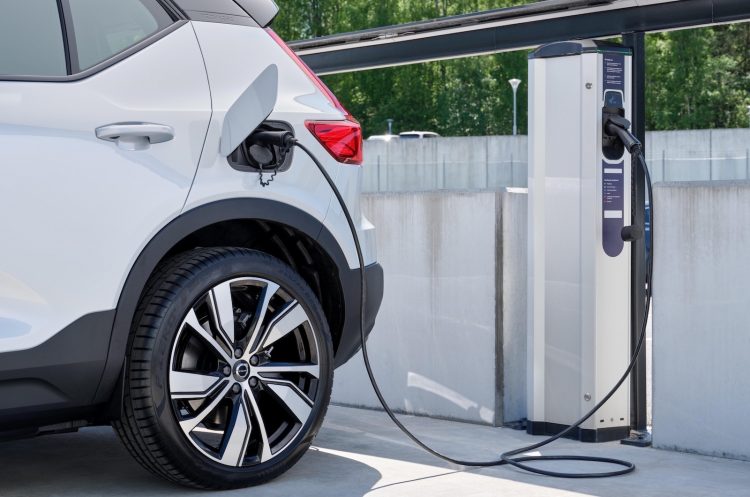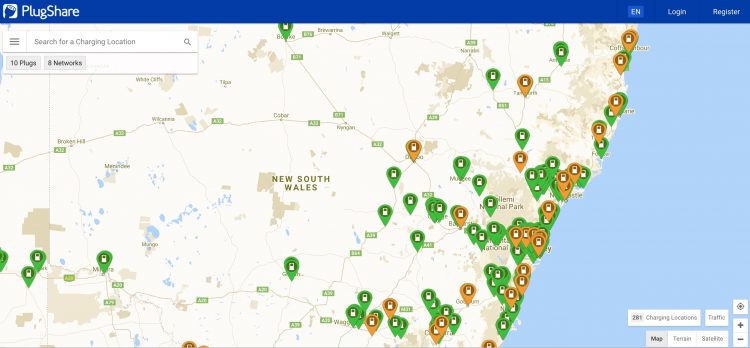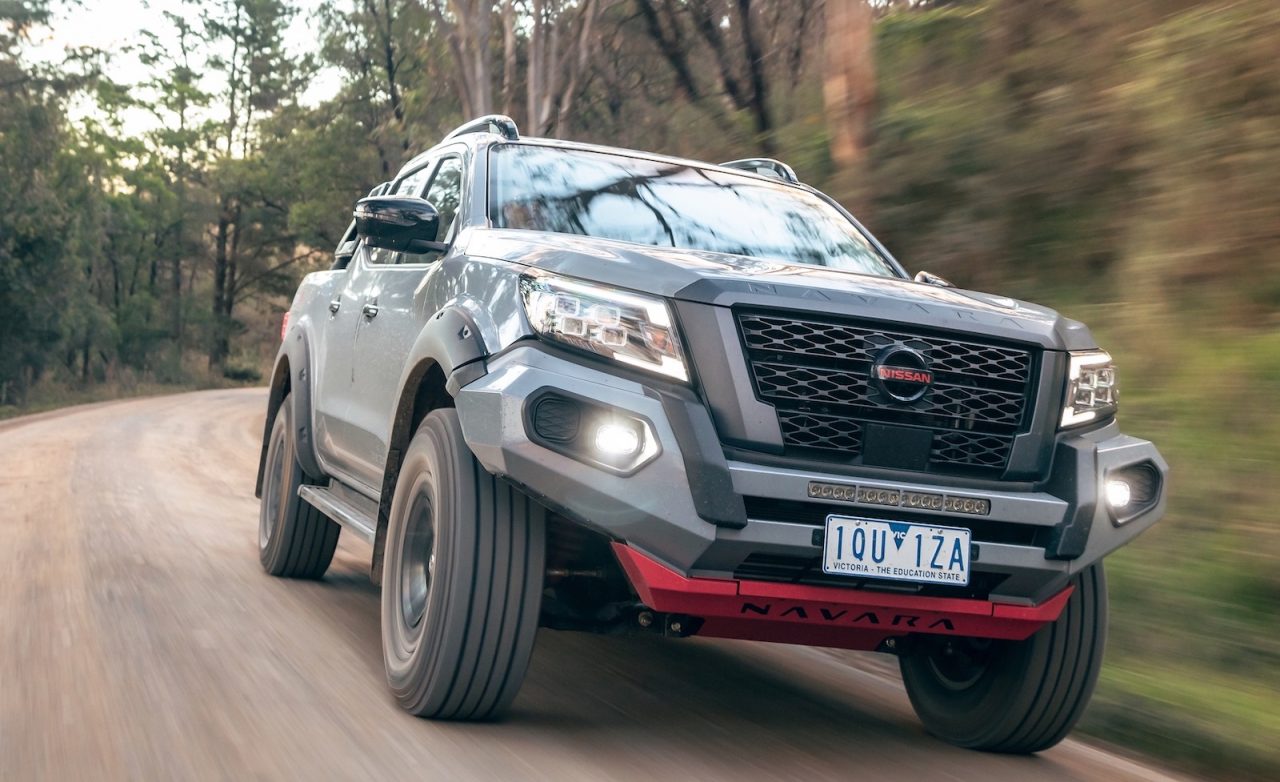The New South Wales government has announced it will waive stamp duty on purchases of electric vehicles and offer cash rebates from September 1, while confirming the state will spend $171 million on charging station infrastructure.

The news comes as the Berijiklian government finalised its electric vehicle plans, following moves from the ACT and Victoria to add a number of electric vehicle incentives to increase adoption rates of EVs.
Under the new plan, stamp duty will be waived on EV purchases up to $78,000 from September this year. This will extend to all electric vehicles and plug-in hybrid models from July 1, 2027. There is also a cash rebate of $3000 available to the first 25,000 purchases of electric vehicles and hydrogen fuel-cell vehicles priced under $68,750, from September 1.
The NSW government has reserved $171 million to increase both metropolitan and regional NSW’s electric charging infrastructure, while also opening up EV access to T2 and T3 lanes. $131 million is reserved for fast-charging infrastructure, with $20 million in grants for regional areas to install charging infrastructure, and another $20 million for charging infrastructure on land owned by Transport for NSW.

In total, the NSW government says more than $490 million has been reserved for the EV incentive and charging infrastructure overhaul to increase sales to 52 per cent share by 2030.
As it stands, just 0.75 per cent of new cars sold in Australia last year were electric vehicles, which is far below the global average of 4 per cent.
Part of the government’s plan will be funded by a new road tax of 2.5c per kilometre for EVs and 2c per kilometre for plug-in hybrids, which is set to be introduced on July 1, or when EVs account for at least 30 per cent of NSW’s new car sales.
Energy and environment minister, Matt Kean, has said that “our aim is to increase EV sales to more than 50 per cent of new cars sold in NSW by 2030 and for EVs to be the vast majority of new cars sold in the state by 2035”.
NSW’s move has been praised by the chief executive of the FCAI, Tony Weber, who issued a statement saying that it represents the “most significant steps we have seen in decades”.
“The incentives package for electric vehicles is consistent with actions being taken by forward-thinking governments across the world,” Weber said.
